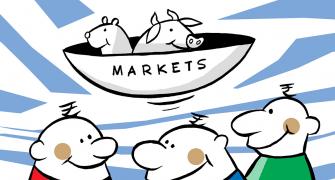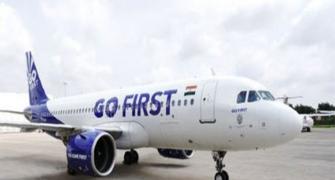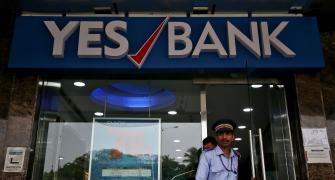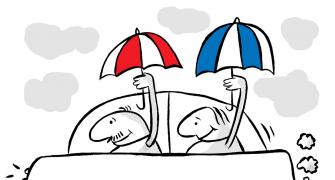 As drug multinationals from the United States demand a stronger intellectual property regime that gives exclusive marketing rights for their patented medicines in India, their own government has said the IP system is partly responsible for the extraordinary increase in prices for some medicines in the US.
As drug multinationals from the United States demand a stronger intellectual property regime that gives exclusive marketing rights for their patented medicines in India, their own government has said the IP system is partly responsible for the extraordinary increase in prices for some medicines in the US.
A recent study conducted by the United States' Government Accountability Office has highlighted the importance of low-cost generic equivalents and said lack of therapeutically equivalent drugs and limited competition have contributed to the extraordinary rise in drug prices in the US during the past decade.
The other reasons cited for the increase in prices include transfer of drug marketing rights to larger companies and mergers and acquisitions among drug companies.
The study is significant for the Indian pharmaceutical industry, as domestic drug exporters are the leading suppliers of low-cost, therapeutically equivalent medicines in the US.
The study could also be an eye-opener for National Pharmaceutical Pricing Authority, industry experts say.
Released on December 22, the GAO study said 416 branded drug products had extraordinary price increases during 2000-2008.
The number of extraordinary price increases each year more than doubled from 2000 to 2008 and most such rises ranged from 100 percent to 499 percent, the report said.
More than half the branded drug products that had extraordinary price increases were in just three therapeutic classes -- central nervous system, anti-infective, and cardiovascular.
The report said limited availability of therapeutically equivalent drugs could be a result of patent protection and market exclusivity. Two of six case-study drugs that had extraordinary price increases were patented at the time of the extraordinary price increase, it said.
"Recently, drug companies have increasingly focused on speciality drugs that target niche markets, or a smaller population of people with a narrow indication or medical condition.
"According to experts and industry representatives, the pace of consolidation among drug companies through mergers and acquisitions and transfers of drug ownership rights has increased. Fewer companies producing and marketing drugs can lead to greater market domination among certain companies and less competition," the report said.
While prescription drug pricing in the private sector is not subject to federal regulation, drug companies are subject to anti-trust enforcement in the US.
The Federal Trade Commission, enforcer of anti-trust laws in that country, had recently come out with a study that revealed 'pay-to-delay' settlements among pharmaceutical companies to delay the entry of low-cost generic alternatives in that market.
FTC has filed cases challenging 'pay-to-delay' settlements, in which a brand-name manufacturer shares a portion of its future profits with a potential generic competitor in exchange for an agreement to delay marketing the generic prescription drug.








